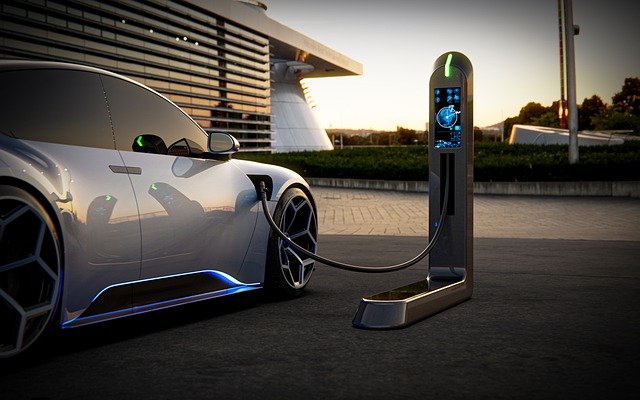Electric Vehicles are expected to be the next big thing in technological advancements. They have the potential to change the way energy is produced, utilised, and redirected. Electric automobiles are one remedy to traditional cars’ detrimental environmental impact. They have, however, demonstrated that they offer far more societal benefits.
The introduction of electric cars and electric vehicles has necessitated a reduction in overall energy use and generation. They have demonstrated the importance of finding alternative fuel sources and how they may have a good impact on the environment and the world in general.
Electric cars require less energy conversion since they have fewer parts to pass energy through. When opposed to gas-powered motors, this leads to reduced energy loss.
Even better, electric car brakes are different from gas-powered automobile brakes in that they have regenerative braking. The automobile may now recharge the batteries while driving. Rather than utilising a brake pad that transforms friction into heat, electric automobiles use a generator that aids to recover part of the energy that would otherwise be destroyed and putting it back into the batteries.
Concerns about greenhouse gases and their impact on climate change are one of the key motivations for the emergence of electric cars and electric vehicle courses into the market. Electric automobiles were designed to assist tackle this problem by reducing or eliminating exhaust emissions. Reduced carbon emissions have the biggest impact in metropolitan areas, where millions of people use cars. The absence of exhaust pipes in electric cars reduces air pollution, promoting sustainable commuting. As a result, the negative impact of transportation options on the environment is considerably reduced.
Electric Vehicles do not necessitate oil drilling. Moreover, they do not emit tailpipe emissions and are extremely quiet. The largest environmental threat posed by gas-powered cars has been air pollution and ozone depletion due to released pollutants. Not to add the oil and radiator fluids that leak from time to time. These toxins contaminate the soil and water supplies, causing harm to flora, animals, and mankind. Whereas the metal elements of electric automobiles are not entirely ecologically benign and must be disposed of responsibly, they do not cause pollution when the cars have to be used. Nowadays, mechanical engineering related courses are also quite in demand given to the positive contribution it has to society.
While in use, parts specific to electric cars, such as lead or lithium batteries, do not contribute to air pollution or poor water quality. Car batteries and electric cars will have a favorable environmental effect as long as they are disposed of and made responsibly. Electric automobiles have the potential to benefit public health. You can learn more about electric vehicles through electric vehicle courses. Exhaust emissions are one of the most serious drawbacks of internal combustion engines. It not only stinks, but it’s also filthy and full of dangerous gases. Over the previous century, hundreds of cars have led to air pollution and lowered the standard of life for millions of people.






